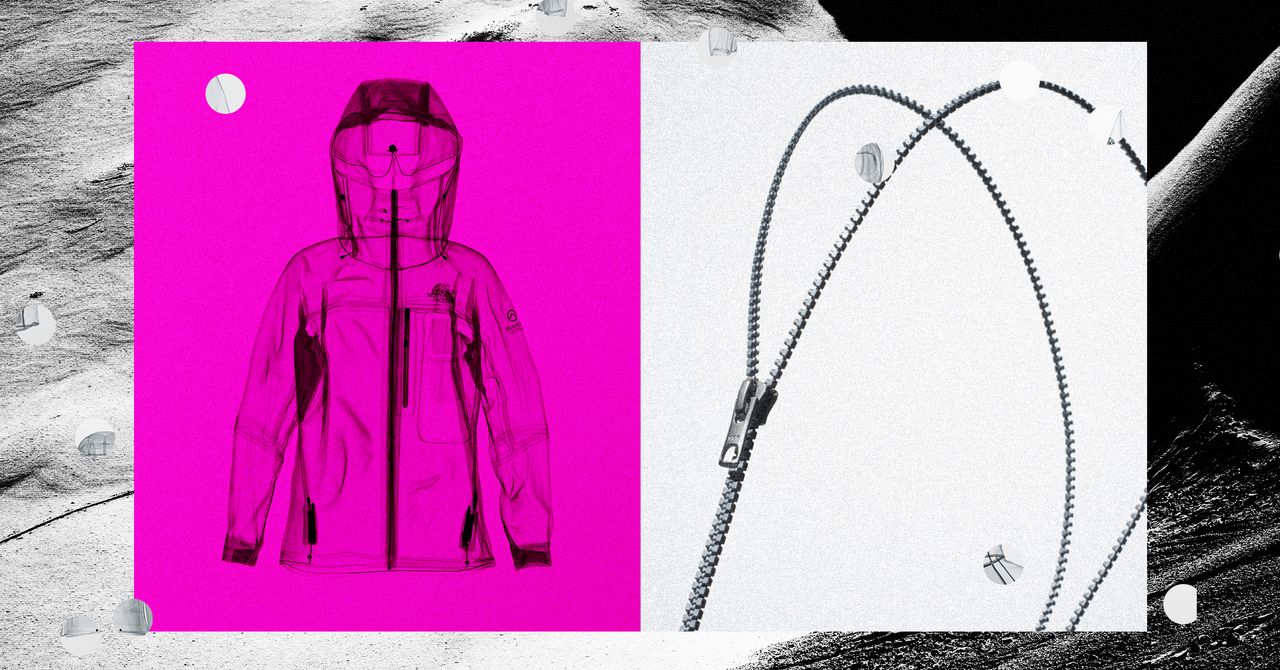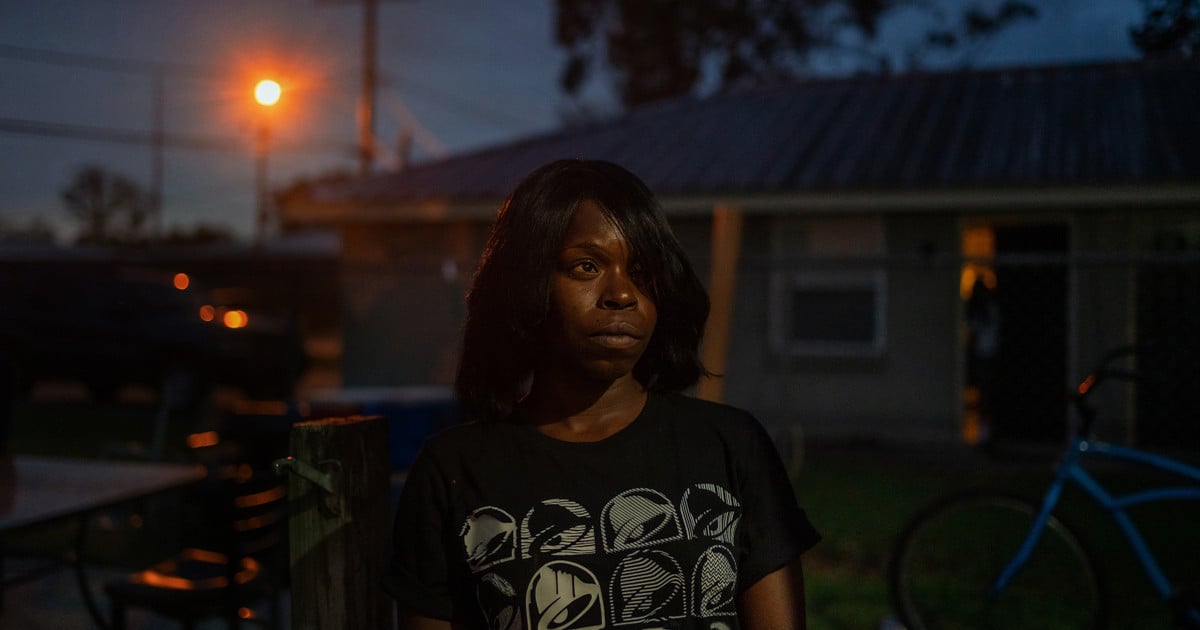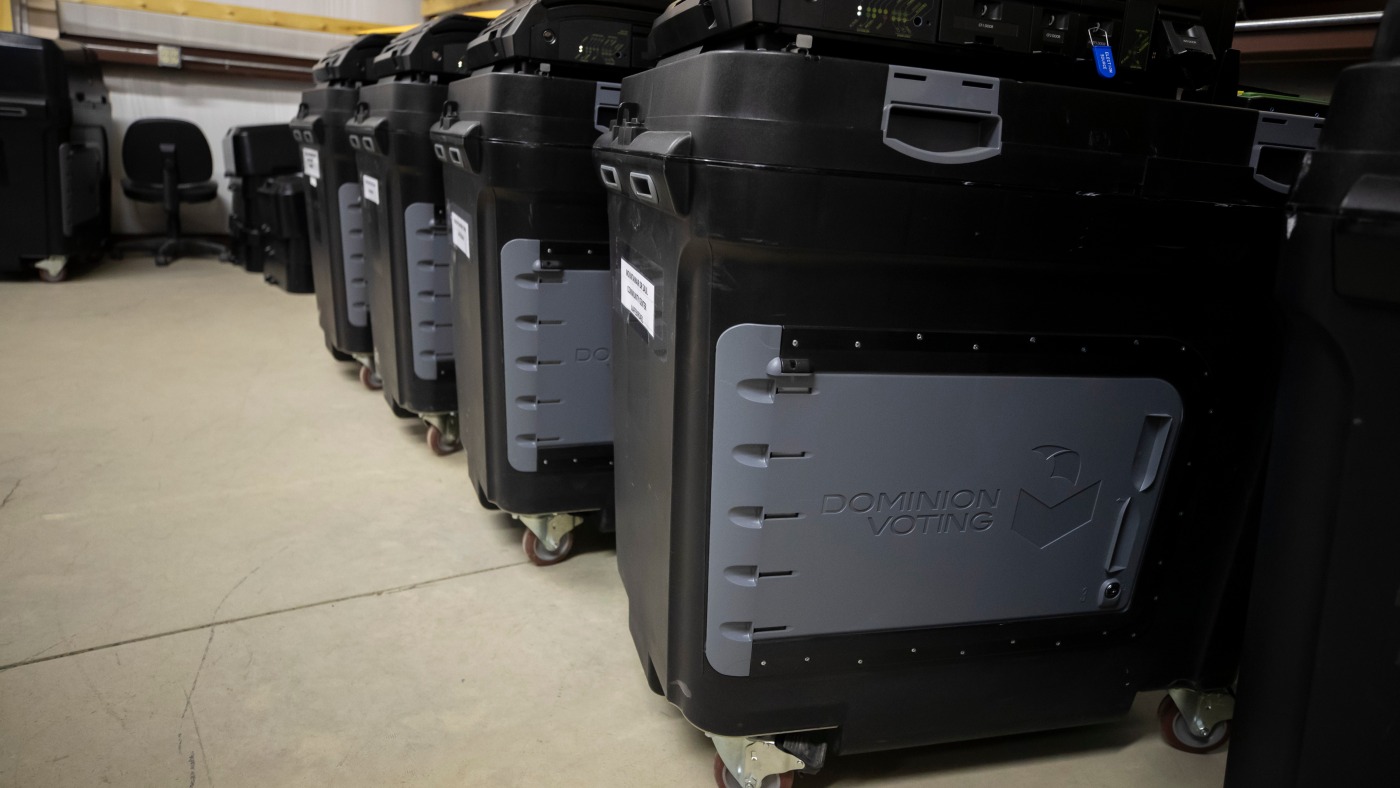This article was produced for ProPublica’s Local Reporting Network in partnership with Verite News. Sign up for Dispatches to get stories like this one as soon as they are published.
Louisiana passed a new police accountability law following allegations of civil rights violations against a sheriff’s deputy caught on video dragging a Black woman by her hair and slamming her head into the ground.
The woman, Shantel Arnold, sued the deputy and the sheriff, accusing the Jefferson Parish Sheriff’s Office of conspiring to cover up the 2021 assault. The Sheriff’s Office agreed in March to pay Arnold $300,000 after three days of trial but before jury deliberations began, Arnold’s attorney said.
After the incident, ProPublica, in partnership with WRKF, WWNO and The Times-Picayune, published an investigation detailing the long history of excessive-force complaints against Jefferson Parish sheriff’s Deputy Julio Alvarado. Alvarado, a 20-year veteran of the Sheriff’s Office, was employed by the department as of March.
Arnold’s attorney, state Sen. Gary Carter, D-New Orleans, said he introduced the legislation after it emerged that Alvarado had failed to write a report about his encounter with Arnold despite his department’s policy that officers document each time they use force. Jefferson Parish Sheriff Joseph Lopinto said during his testimony in the March trial over Arnold’s lawsuit that Alvarado’s commanders instructed him against writing such a report after video of his actions spread across social media.
Arnold’s run-in with Alvarado, which was captured in a 14-second video, left the woman with bruises and scratches across her body, a busted lip and recurring headaches, according to her subsequent account to police investigators.
“Had it not been for a bystander capturing how this officer beat up Shantel Arnold, there would be no report, there would be no evidence of it, there would be no indication that it ever happened,” Carter said in a recent interview.
The new law, passed unanimously by state legislators and signed by Gov. Jeff Landry in June, will require all law enforcement agencies to report every time an officer’s use of force results in serious injury. It directs the Council on Peace Officer Standards and Training, which certifies police officers, to adopt a policy on mandatory use-of-force reporting by Jan. 1. Details of how the process will work have not been spelled out, nor has the penalty for failing to comply.
The bill was introduced as “Shantel Arnold’s Law,” but Carter said that name was removed because “Sheriff Lopinto got very upset about that, and that almost killed the bill.”
Neither the Jefferson Parish Sheriff’s Office nor Alvarado’s attorney responded to requests for comment or an interview.
Alvarado came across Arnold in September 2021, when the officer responded to a 911 call about a fight among 25 people in Jefferson Parish. When the deputy pulled up in his patrol car, Alvarado saw Arnold, covered in dirt, walking down the street. Arnold told the deputy she was attacked by a group of boys who frequently bullied her. When Alvarado ordered her to stop, Arnold said she just wanted to go home and kept walking. That’s when the deputy jumped out of his vehicle, grabbed Arnold and slammed her into the sidewalk, according to several witnesses.
In a video taken by a bystander, Alvarado drags Arnold along the pavement, holds her by her braids and slams her repeatedly onto the pavement. Arnold was not charged with a crime and was later taken to a hospital. The Sheriff’s Office did not use body cameras at the time but has since begun using them.
The Jefferson Parish Sheriff’s Office denied wrongdoing. A 2022 internal investigation by the Sheriff’s Office determined Alvarado’s actions against Arnold were “both reasonable and acceptable.” Alvarado received an “approximately” 40-hour suspension for failing to file a written report, Lopinto said in his March testimony.
Arnold alleged in her 2022 lawsuit that the Sheriff’s Office knew Alvarado had a propensity for violence against Black people and other minority groups yet continued to have him patrol such communities, putting the public in danger.
Lopinto attributed Alvarado’s history of complaints to his working a high-crime beat, according to a 2022 Times-Picayune interview. “It’s not like he’s getting a complaint every month,” Lopinto said. During that same interview, Lopinto dismissed Arnold’s account and accused her of “looking for a paycheck.”
Alvarado’s alleged misdeeds fit a broader pattern in the Jefferson Parish Sheriff’s Office, as the yearlong investigation into the Sheriff’s Office by ProPublica, WRKF and WWNO found. Between 2013 and 2021, deputies disproportionately discharged guns against Black people. Of the 40 people shot at by Jefferson Parish deputies during that time, 73% were Black, more than double their share of the population. Twelve of the 16 people who died after being shot or restrained by deputies during that time were Black.
Alvarado has been named in at least 10 federal civil rights lawsuits since 2007, all involving the use of excessive force; eight of the plaintiffs were members of minority groups.
The Sheriff’s Office settled three of those lawsuits. Arnold’s $300,000 payout is the third — and largest — settlement involving Alvarado. Five other lawsuits were closed in favor of the Sheriff’s Office, one was dismissed on a legal technicality and one was indefinitely delayed.
The Sheriff’s Office said in filings responding to the eight lawsuits that were not dismissed or delayed that officers’ actions were “reasonable under the circumstances” and characterized the claims as “frivolous.”
Prior to the 2021 incident involving Arnold, the Jefferson Parish Sheriff’s Office had settled a 2016 lawsuit accusing Alvarado of grabbing a 14-year-old Hispanic boy by the neck and slamming his head against the concrete as the child screamed, “Why are you doing this to me?” A woman had called the police complaining that the boy and a friend were wrestling in a parking lot. Alvarado then threatened to have the boy and his family deported, according to the suit. The Sheriff’s Office, which paid the boy’s family $15,000, said in court filings that Alvarado’s actions were “reasonable under the circumstances.”
In 2018, another lawsuit claimed Alvarado and three deputies beat Atdner Casco, a Honduran native, and stole more than $2,000 from him during a traffic stop the year before, then conspired to have him deported. Casco claimed Alvarado beat and choked him until he agreed to keep silent about being robbed. The Sheriff’s Office denied wrongdoing but settled that case in 2020 for $50,000.
Both incidents were cited in Arnold’s lawsuit as evidence that Alvarado has exhibited a pattern of behavior throughout his career that made him unfit for duty. Carter, Arnold’s attorney, raised yet another incident during the March trial in which sheriff detectives in December 2019 witnessed Alvarado patronizing a massage parlor that was being investigated for suspected prostitution. Alvarado denied he went there to “have a sexual act performed on him.” He was demoted from sergeant to deputy for “bringing the Jefferson Parish Sheriff’s Office in disrepute” and for patronizing an “illegitimate business while on duty and neglecting your responsibilities to detectives under your command,” Carter said during the trial, citing an internal police report.
Carter said in an interview that Lopinto’s continued defense and employment of Alvarado represented a permissive attitude toward questionable behavior.
“He stood by” Alvarado, who “shows no contrition, no remorse,” Carter said.











